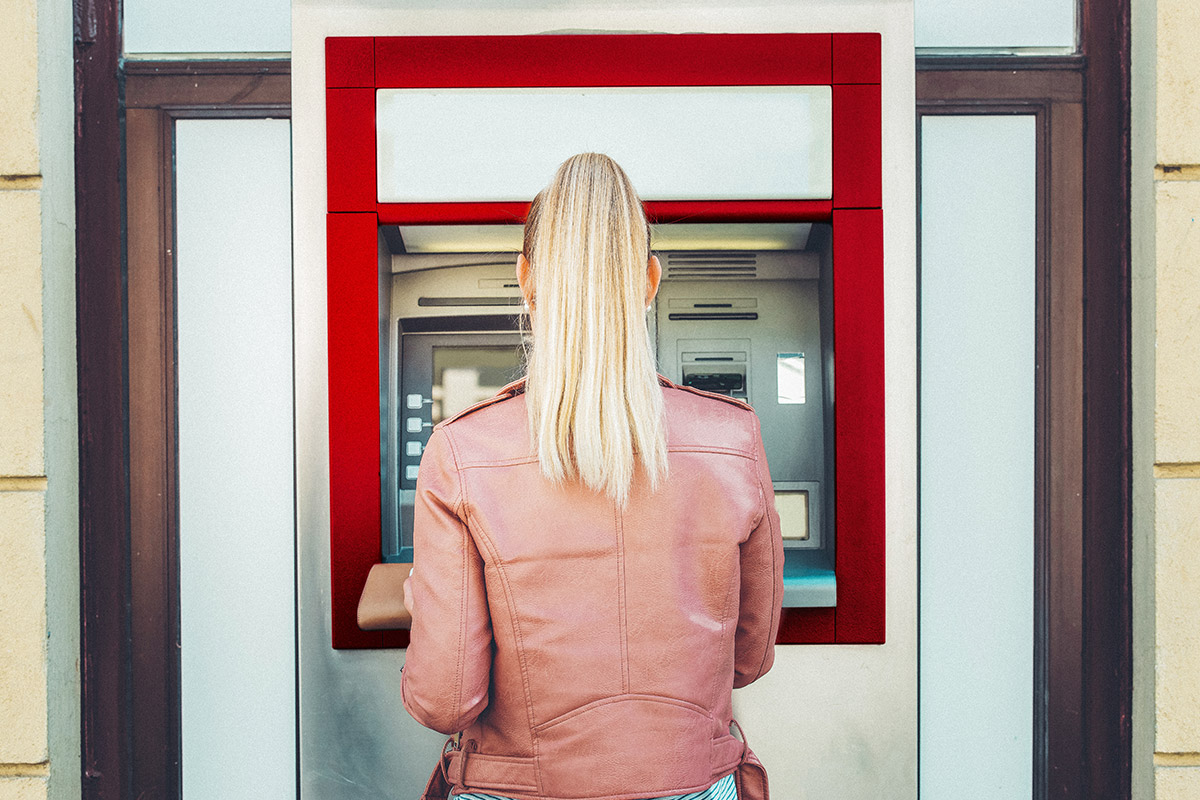
Protect Yourself Against Fraud: Money Mule Scams
Part 1 of 2. Read part 2 here.
Being diligent and staying aware when it comes to protecting your personal information is never-ending. As social network participation increases, criminals are finding more ways to contaminate the space in an attempt to get their hands on your money.
Although social media is the focus of today’s post, it’s important to know that you could be approached in many different ways—email, letter, pop-up window or even a phone call or in-person conversation.
_________________________________________________________________________
The only way Mountain America Credit Union will ever contact you on social media is through our company account—never through an employee’s social media account, acting on our behalf.
What is a money mule?
A money mule is a person who fraudulently transfers stolen money to criminals. These transfers could be completed in person, through a courier service or electronically. Many money mules may be unaware they’re doing something wrong—they believe they’re helping someone out or making a legal transaction.
One type of money mule fraud is the use of social media imposters. The fraudsters create a fake social media account (on Facebook, Instagram or other channel), appearing to be from your financial institution or another company you use to make a purchase or transfer funds. These individuals incentivize the offer by promising you that you can make a lot of money quickly.
How can I spot a money mule scam on social media?
It’s not difficult for criminals to create fake profiles. Once that is done, all they need is a few trusting souls to follow simple directions and… BAM! The money is gone.
Here’s a list of things to look out for:
-
An individual representing a larger company—Most companies will only use their company social accounts to reach out to their customers, not an employee’s.
-
Money or merchandise transfer—A popular scam involves giving you bad funds (altered, counterfeit or otherwise bad checks), then having you send the good funds (cash, money gram, western union or gift cards) and retaining a certain portion for your troubles.
-
Ties to other countries—If the offer originates from or the recipient is located in another country, it is most likely a scam.
-
DM only—If the profile on the account states that they want to communicate only by direct message, this is probably a fake account. Legitimate companies will be happy to carry on a conversation publically over social media.
-
Posting spam—Sharing the same link multiple times in a short period of time and making outrageous promises about how much money you could make.
-
Unofficial email address—The fraudster uses a generic email account like Gmail, Hotmail or Yahoo.
Now that you know what a money mule scam is and how you can spot it in your own social media feed, how can you protect yourself against becoming a victim? What do you do if you’re worried that you have already been scammed?
Read part 2 of this post and learn what you can do to stay safe on social media.
Mountain America Credit Union is committed to educating our members, and the general public, on keeping personal data safe. If you have any questions about activity on your account, a social media post from us or any other communication that seems suspicious, don’t hesitate to contact us. For additional information, check out our website pages on fraud and online security.
For additional information on fraud, please visit these sites:
NCUA Fraud Prevention Center
Federal Trade Commission Consumer Protection
Internet Crime Complaint Center
AARP Fraud Watch Center
Related Articles

7 Ways to Protect Yourself from ATM Skimming
